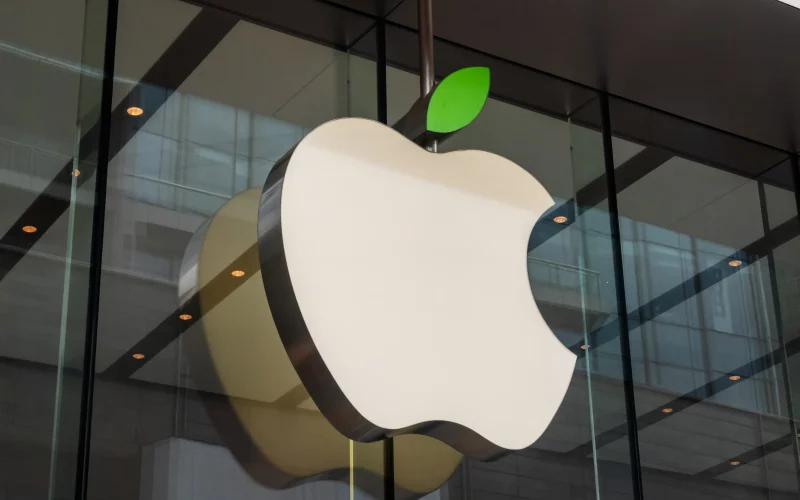The European Union (EU) has been at the forefront of regulating technology companies to ensure fair competition and protect consumer rights. Recently, the EU has accused Apple of violating the new ‘gatekeeper’ rules, part of the Digital Markets Act (DMA). These accusations have significant implications for Apple, the tech industry, and consumers alike. This article explores the details of the accusation, the DMA regulations, and the potential consequences for Apple and the broader tech ecosystem.
The Digital Markets Act: An Overview

Purpose and Goals
The Digital Markets Act is a landmark legislation introduced by the European Commission to ensure fair and open digital markets. Its primary objectives are to prevent large tech companies from abusing their dominant market positions, to foster competition, and to create a more level playing field for smaller competitors.
Key Provisions
The DMA outlines several key provisions that target so-called ‘gatekeepers.’ These include:
- Interoperability Requirements: Ensuring that different digital services can work together seamlessly.
- Data Sharing Mandates: Obligating gatekeepers to share data with smaller competitors.
- Prohibiting Unfair Practices: Banning practices like self-preferencing, where gatekeepers prioritize their own services over those of competitors.
- Consumer Rights Enhancements: Strengthening consumer rights regarding data portability and access to information.
Brussels’ Accusation Against Apple
Nature of the Accusation
The European Commission has accused Apple of breaching several provisions of the DMA. The main allegations include:
- App Store Policies: Apple is accused of imposing unfair conditions on app developers, particularly with regard to in-app purchases and payment systems.
- Self-Preferencing: Apple allegedly prioritizes its own services, such as Apple Music, over third-party applications.
- Data Access Restrictions: The company is also accused of restricting competitors’ access to essential data, hindering their ability to compete effectively.
Evidence and Investigation
The EU’s investigation into Apple’s practices involved gathering evidence from various stakeholders, including app developers, competitors, and consumer rights organizations. Preliminary findings suggest that Apple’s practices could harm competition and innovation in the digital market.
Potential Consequences for Apple
Financial Penalties
If found guilty, Apple could face substantial fines. The DMA allows for fines of up to 10% of a company’s global annual turnover. For Apple, this could amount to billions of euros.
Operational Changes
Beyond financial penalties, Apple might be required to make significant changes to its business practices. This could include altering App Store policies, providing greater interoperability with third-party services, and ensuring fair access to essential data.
Market Implications
The accusations and potential penalties could have broad market implications. Competitors may find new opportunities to innovate and compete on a more level playing field. Additionally, consumers might benefit from increased choice and better services as a result of enhanced competition.
Analysis Table: DMA Provisions and Apple’s Alleged Violations
| DMA Provision | Apple’s Alleged Violation | Potential Impact on Apple |
|---|---|---|
| Interoperability Requirements | Restricting competitors’ access to essential data | Operational changes to provide data access |
| Data Sharing Mandates | Limiting data sharing with smaller competitors | Increased data sharing obligations |
| Prohibiting Unfair Practices | Imposing unfair App Store conditions and self-preferencing | Changes to App Store policies and potential revenue loss |
| Consumer Rights Enhancements | Hindering consumer data portability | Enhanced consumer rights compliance |
Comparative Table: EU DMA vs. US Antitrust Regulations
| Feature | EU Digital Markets Act (DMA) | US Antitrust Regulations |
|---|---|---|
| Objective | Ensuring fair competition and market openness | Preventing monopolies and promoting competition |
| Key Provisions | Interoperability, data sharing, prohibiting unfair practices, consumer rights | Anti-monopoly, merger control, anti-competitive practices |
| Focus | Large tech companies (gatekeepers) | Broad focus on all industries |
| Enforcement | European Commission | Federal Trade Commission (FTC) and Department of Justice (DOJ) |
| Penalties | Fines up to 10% of global annual turnover | Fines, operational changes, divestitures |
| Recent Focus | Apple, Google, Amazon | Google, Facebook, Amazon |
Implications for the Tech Industry
Increased Scrutiny
The EU’s action against Apple signals increased scrutiny of major tech companies. This could lead to more investigations and potential sanctions against other gatekeepers, fostering a more competitive environment.
Innovation and Competition
Enhanced regulation could spur innovation by leveling the playing field. Smaller companies may find it easier to enter the market and compete, leading to a broader range of products and services for consumers.
Global Regulatory Trends
The EU’s stringent approach may influence other regions to adopt similar regulations. Countries like the US and China may look to the DMA as a model for their own antitrust and digital market regulations.
Conclusion
The EU’s accusation against Apple for breaching ‘gatekeeper’ rules under the DMA marks a significant moment in the ongoing regulation of the tech industry. As the investigation unfolds, the potential consequences for Apple and the broader market could be profound. By enforcing fair competition and consumer protection, the EU aims to create a more equitable digital market that benefits all stakeholders. This case underscores the importance of robust regulatory frameworks in maintaining the balance between innovation and fair competition in the rapidly evolving tech landscape.












